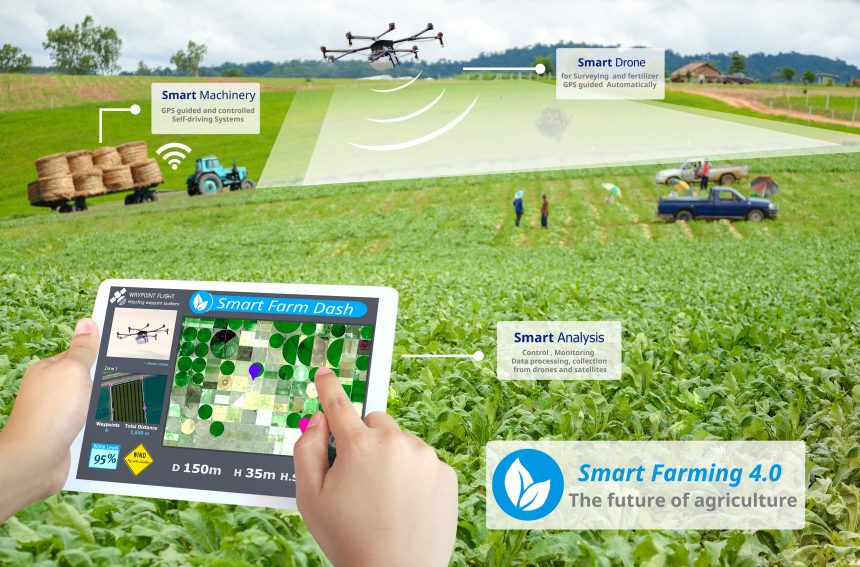As the tapestry of our daily lives increasingly intertwines with technological advancements, agriculture teeters on the cusp of a radical shift, propelled into the future by Artificial Intelligence (AI). Continental’s latest survey illuminates a growing trend: a wave of optimism among farmers worldwide regarding the assimilation of AI into agricultural methodologies. This burgeoning enthusiasm underscores a collective realization of AI’s transformative potential to elevate agricultural productivity, environmental sustainability, and global food security to unprecedented heights.
The Promise of AI in the Agrarian Landscape
The integration of AI into farming heralds a multitude of advantages, from yield optimization and resource conservation to the precise management of agricultural inputs. AI’s capability to analyze vast datasets allows for the accurate forecasting of weather events, monitoring of soil health, and efficient water management, thereby mitigating environmental impacts. Furthermore, the deployment of AI-powered drones and robotic systems promises to revolutionize traditional farming tasks, reducing reliance on manual labor and empowering farmers with enhanced decision-making tools.
Insights from Continental’s Survey: A Global Rally for AI
Continental’s comprehensive survey, capturing the voices of farmers worldwide, reflects an escalating enthusiasm for AI within the agricultural sector. The survey’s revelations include:
- Widespread Acceptance: An overwhelming majority of the farming community is keen on embracing AI technologies, drawn by the allure of heightened productivity and operational cost efficiencies.
- Educational Imperatives: There’s a pronounced call for educational initiatives aimed at arming farmers with the knowledge and skills necessary to navigate the AI-driven agricultural landscape.
- Sustainability as a Driving Force: Environmental stewardship stands out as a pivotal motivator for AI adoption, with a focus on technologies that bolster resource efficiency and diminish the ecological footprint of farming practices.
- Navigational Hurdles: Despite the optimism, the path to widespread AI adoption is strewn with obstacles, including prohibitive upfront costs, infrastructural deficits, and apprehensions surrounding data security.
A Kaleidoscope of Regional Expectations
The survey further delineates regional disparities in the receptivity and aspirations toward AI in agriculture. Developed nations display a higher propensity for the integration of cutting-edge technologies, whereas developing regions manifest a profound interest in leveraging AI to surmount challenges related to food security and climate adaptability. This panorama paints a picture of a global acknowledgment of AI’s pivotal role in sculpting the future of agriculture, albeit through lenses of varied priorities and challenges.
Charting the Future Path
The insights gleaned from Continental’s survey accentuate the imperative for a collaborative endeavor to unleash the full potential of AI in revolutionizing agriculture. This necessitates concerted investments in R&D, bespoke educational frameworks, and the formulation of supportive policy landscapes. Moreover, addressing economic and data privacy concerns will be instrumental in nurturing trust and smoothing the transition toward AI adoption on a global scale.
Epilogue: On the Precipice of Transformation
The anticipation surrounding the integration of AI into farming practices, as spotlighted by Continental’s survey, signifies a watershed moment in the annals of agriculture. As the global farming community gears up to embrace AI, the vision of an agriculture sector characterized by heightened efficiency, sustainability, and productivity becomes palpably within reach. With strategic support and alignment, the fusion of AI into agriculture not only promises to redefine farming paradigms but also to tackle some of the most daunting challenges of our era, including ensuring food security and stewarding environmental sustainability.








